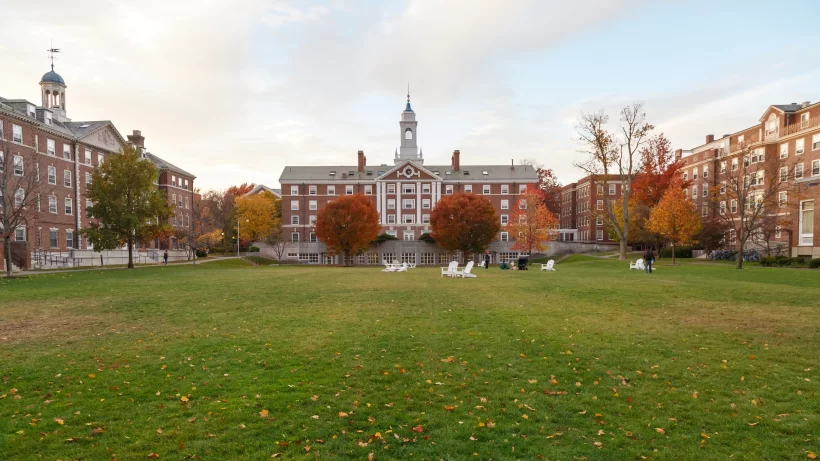Visa Cancellations Spark Widespread Panic Among International Students Across U.S. Campuses
WASHINGTON (AP) – What started as a few concerned phone calls from international students has now become a wave of panic. Students from around the world studying in the U.S. are finding out—often without warning—that their visa status has been revoked.
Initially, the bar association for immigration attorneys fielded a handful of inquiries daily. But by mid-April, those numbers exploded into hundreds, as more students discovered their legal status was abruptly terminated, despite having no serious violations on record.
“It seemed like a rare situation at first,” said Matthew Maiona, an immigration attorney based in Boston. “But now it’s coming at us fast and heavy.”
Widespread Disruption Across Campuses
The rapid and large-scale cancellation of student visas has alarmed institutions nationwide. From elite private universities to smaller liberal arts colleges, few institutions have been spared.
An Associated Press analysis of university data and statements found that over 790 students across 120+ colleges and universities have had their student status revoked. Advocacy groups warn that many more could be at risk.
Minor Infractions Trigger Serious Consequences
Most affected students hail from India and China, which together represent a large portion of the U.S.’s international student population. These students are crucial for universities financially, often paying full tuition without federal aid.
But according to legal representatives, minor issues—like parking tickets—have led to these extreme outcomes.
“We still don’t know exactly why,” said Ramis Wadood of the ACLU, who is representing four students from Michigan currently suing the Trump administration. “None of them committed a crime. One had no record at all.”
The students only learned of the change via email from their universities, citing vague reasons like visa revocation or background checks. “That’s the terrifying part,” Wadood added.
Political Backdrop: Visas Pulled for “National Interest”
Last month, Secretary of State Marco Rubio stated the government was revoking visas of individuals allegedly acting against U.S. interests—including those protesting the Gaza conflict. However, many students say they had no involvementin political activism or legal violations.
As a result, multiple lawsuits have been filed in states like New Hampshire and Wisconsin, with judges issuing temporary restraining orders to stop deportations and restore student status.
“This sudden change marks a sharp break from previous norms,” said one university official.
New Federal Approach Breaks From Tradition
In a shift from past procedures, federal authorities are now revoking visas directly, rather than relying on reports from colleges about a student’s enrollment status.
Universities only become aware when checking SEVIS, a database run by the Department of Homeland Security. Before, updates were made after schools notified the government about student departures or program completions.
According to Fanta Aw, CEO of NAFSA, this change has put international students in a precarious position.
“It’s created an atmosphere of fear,” she said. “You can go from legal to illegal overnight.”
Tags: international students, visa cancellation, U.S. immigration, student visa, deportation, higher education, Trump administration, F-1 visa, student lawsuits, Marco Rubio, academic freedom, SEVIS, Department of Homeland Security, Dartmouth College, University of Wisconsin, ACLU, India, China, campus protests, Gaza conflict
For more updates, visit www.iasmania.com. Please share your thoughts and comments.
If you’re passionate about building a successful blogging website, check out this helpful guide at Coding Tag – How to Start a Successful Blog. It offers practical steps and expert tips to kickstart your blogging journey!






